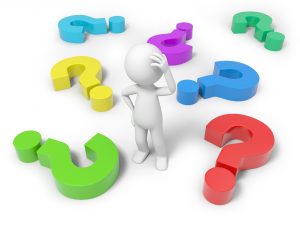Dysphasia, sometimes referred to as aphasia, is an impairment of language processing. The word aphasia derives from the Greek (‘a’ meaning ‘without’, ‘phasis’ meaning ‘speech’). It affects the ability of the person to:
- Express themselves using spoken, signed or written language.
- Understand spoken, signed or written language.
Dysphasia usually arises because of injury to left side of the brain, specifically the temporal, parietal and/or frontal lobes. However, damage to the wider neurological networks throughout the brain supporting language will also have an impact upon the person’s language processing abilities. The site and extent of injury and the person’s individual make up will influence which dysphasic features they may present with and the severity of the impact upon language processing.
Dysphasia can be relatively mild and may not be immediately obvious or it can be extremely catastrophic with marked loss of the ability to use language to speak, sign, write and loss of the ability to understand language.
The person with dysphasia usually retains their social skills and their awareness of other people’s feelings as long as there are no other additional cognitive impairments affecting these abilities. The person with dysphasia (who has no other cognitive impairments) will often try very hard to communicate, are aware of their difficulties and often will attempt to compensate for them.
Dysphasia can be broadly divided into two types – expressive dysphasia (affecting the ability to speak, sign and write) and receptive dysphasia (affecting the ability to understand speech, sign language and writing). People with dysphasia will usually have a mixture of both types, although one may be more obvious or severe than the other. A ‘Global Aphasia’ refers to a severe impairment of both receptive and expressive language abilities. Please note that there are many different sub-types of dysphasia. These will be diagnosed as necessary by the Speech and Language Therapist. However it is important to be aware that each person with dysphasia will present differently in some way. No two people with dysphasia will present with identical symptoms.
The person with dysphasia will have identifiable changes to the way they speak (their expressive language abilities) and the way they understand language (their receptive language abilities). The nature of the dysphasic symptoms will vary from person to person however it is possible to describe features of language change that may occur when brain injury causes dysphasia:
Potential Changes to Expressive Language Abilities
Potential Changes to Receptive Language Abilities